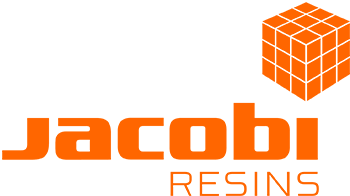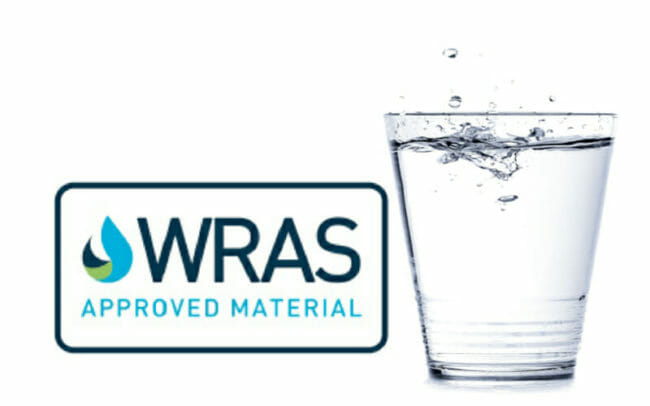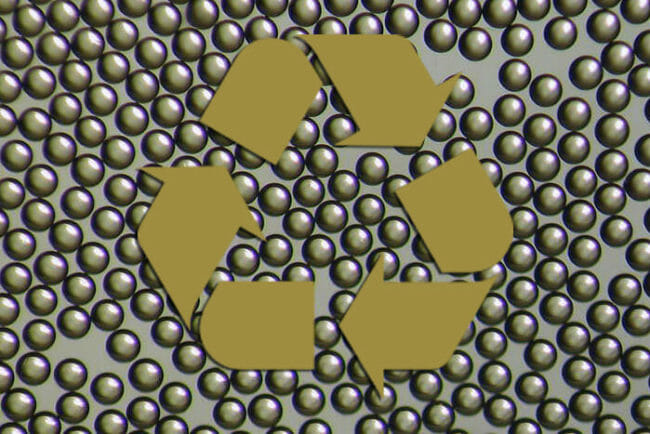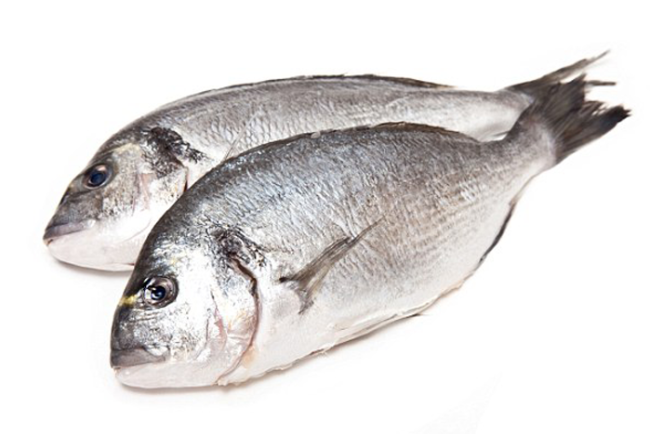Jacobi Resins, Forging Ahead with Increased Ion Exchange Resins Capabilities
Back in 2020, Jacobi Group announced the acquisition of Finnish resins producer, Finex. We have now spent almost four years integrating Finex into our Jacobi Resins business, analysing the functionality of the plant, and making improvements to processes. In this article, we explore the changes we’ve made alongside their impact today and in the future.…



